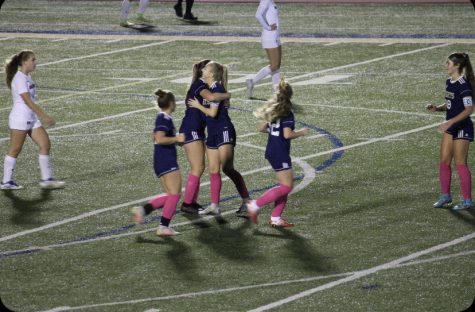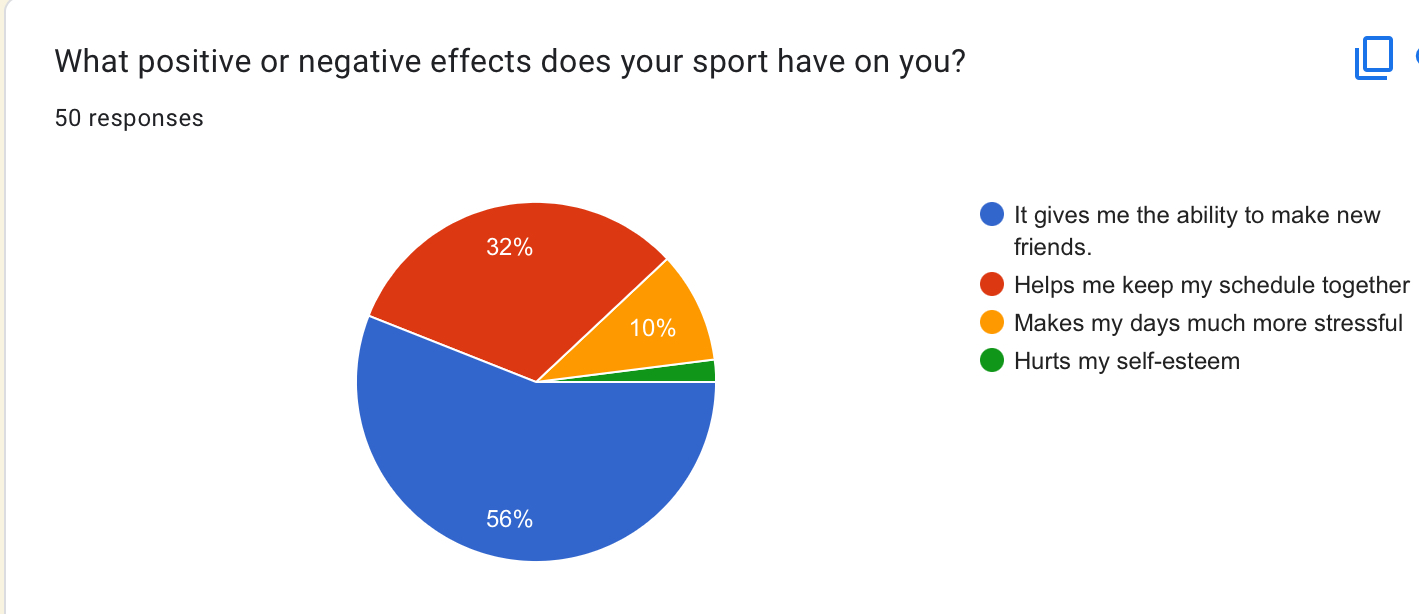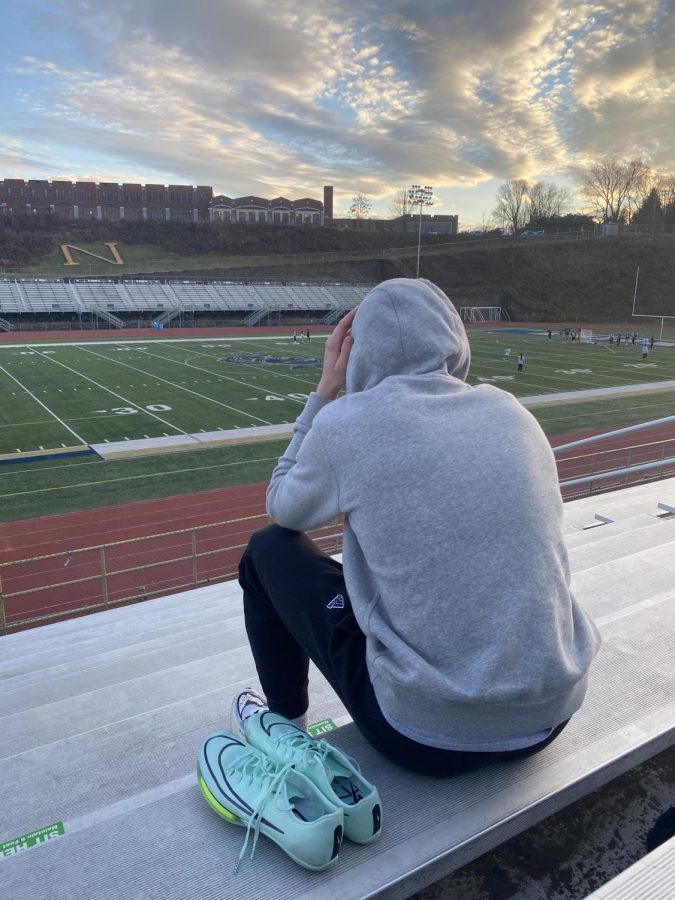Stress of sports worth it or not
Wake up at 5:00 AM and get ready for the day and get to school. Class after class and test after test. So much work to do tonight, but forget it–after school straight to practice then the stress of homework can be worried about later.
Student athletes all over the country suffer from great amounts of stress from their sports and their classes. Norwin students are no exception to this. In some cases this stress can help that person perform, but in many cases the stress affects the person negatively. Workloads from classes and constant practices for their sports are components to many student athlete’s stress.
According to an article in Bearing News , one researcher said, “Student-athletes are committed to late night practices, weeknight games and constant pressures from coaches and parents to perform well. Alongside the immense time commitment, sports distract athletes from academic responsibilities.”
Often times, stress is largely due to athletics but many coaches are trying to take some of the edge off their athletes making the stress have less of an impact and so their athletes are weighed down by school and sports.
”I have always tried to keep practices fun. Using riddles to maintain a stress-free environment,” said long time former Norwin track and cross country coach, Paul Henry. “I remind athletes that the preparation they have put into the sport is what they should use to counter any stress they might feel. ”
The athletic side of the stress is not the only component; the academic side is as well. Most students get a sizable workload each night and if they do not complete academic work, then they risk falling behind their peers. These workloads are a large part of stress on student athletes.

According to a poll taken with over 50 Norwin student-athletes, one student said, “When I do my sport it is an all year round thing [school sports]. This includes practice games, lifts and extra optional practice. When I have these things it’s hard to get to my school work at a reasonable time. I end up getting to my homework around 8-9 at night and I usually end up spending about 2 hours or 2.5 hours. And this is without an extra circular for this day. I end up going to sleep at 11 each night and waking up at 6 to get ready for school. I end up getting 7 hours of sleep which is reasonable but I’d rather more.”
Despite all the stress that sports and academics can have, they can also play off of each other and become positives as well. Sports and school do not only cause stress, but sports can help many students with their academics as well.
”Athletics such as track & field and cross country are individual as well as team sports,” said Henry. “Competing in these activities, I believe, gives student athletes confidence which carries over to academic success.”
In many cases student athletes have a large workload and not much free time to get that work done. This stress has caused many student athletes around the country to begin to suffer from mental health issues.
According to an article from the National Federation of State High School Associations website: “There are more high school students using anti-anxiety medications and dealing with depression than ever before. Participation in athletics can lend to a culture that emphasizes the need to ‘just play through it’ when injured, stressed or in pain.”
Not only the pressures of school work weigh on student athletes, but also the pressure of their respective sports. Many student athletes base their lives around their sport and when they are not able to compete to the level they want or suffer a crushing defeat.
According to an article from the National Federation of State High School Associations, “Student-athletes can quickly allow their athletic accomplishments (or failures) to become their identity and source of self worth.”

School work for athletes and regular students alike can pile up. To clear out this pile many people work non stop as soon as they get home, but if you’re an athlete you’re not getting home until at least 6 PM. Due to this many student athletes spend the hours of their night on school work instead of sleep.
According to a Bearing News article, “A teenager who gets 7 hours of sleep per school night, which is two or three hours less than the recommendation, will attain at least a 10-hour sleep debt by the end of each week. Accordingly, teenage athletes cannot expect to succeed athletically or academically when they are sleep deprived.” Many students think 7 hours is a blessing for that amount of sleep despite that being nowhere near enough.
Even though sports and school can sometimes butt heads and cause a lot of stress people still continue to do both. In the minds of many students around the nation and at Norwin, sports can be hard, but students push through for a number of reasons.
According to a poll of 50 Norwin High School students, 56 percent of students said that sports helped them make new friends, and 32 percent said that sports helps them keep their schedule together.

The negatives of being a student athlete are typically outweighed by the benefits. Many people see this and just use the negatives as a drive to keep pushing forward. Student athletes know the challenges that lie ahead when they choose to do a school sport.
Student athletes have daily struggles every day whether that be from the classroom, or on the field. For many this can be too much but that’s up to you to decide if it’s WORTH IT OR NOT.

Joe is a current senior at Norwin and is a third year writer/ the chief editor for the Knight Krier. He plays soccer and runs track for the Knights. Joe...







